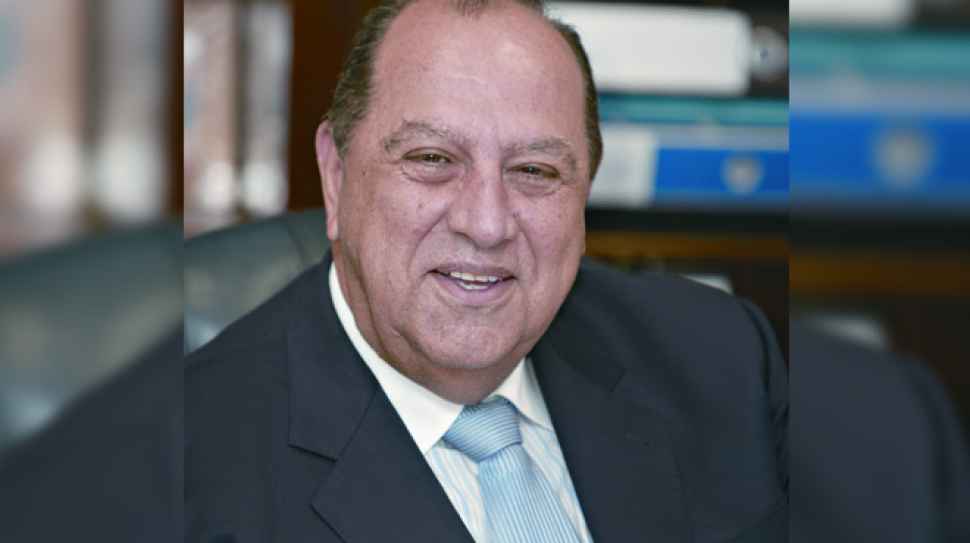Theo Maras believes people can achieve great things through hard work – but that they sometimes need help. He also believes those who have the ability and resources to provide this help have a responsibility to give it.
These simple but fundamental beliefs have underpinned decades of investment of his personal time and money in initiatives to improve the lives and prospects of his fellow South Australians.
Theo recalls an incident as a boy when his father gathered boxes of food and other items for the families of workers in Mildura who had been made redundant. After rallying friends and family to give what they could, his father took the boxes under cover of darkness and left them anonymously at the doors of those affected.
It’s an example of the kind of community action that illustrates Theo’s third foundational belief about giving, which is that people should contribute to their communities according to their means. At the time, his family worked as subsistence agricultural workers and lived in cramped conditions, with his grandparents, parents, aunts and uncles all sharing one small but happy house.
Only by working hard, helping each other and giving back according to their means, Theo believes, can South Australians achieve the truly fair and sustainable community that most of us aspire to.
He also believes passionately that education is the most powerful tool by which people can break through social and economic boundaries and become greater contributors to their communities, and this is why he invests heavily in higher education.
He cites his grandfather, who couldn’t even speak English when he arrived in Australia from the Greek island of Ikaria in 1928, as his inspiration. The older Maras, a subsistence worker all his life, told Theo he must use his head and not his hands if he wanted to get ahead – and so he did.
Theo has a particular interest in promoting Hellenic culture and the Modern Greek language, and is a supporter of Finders University’s LOGOS Australian Centre for Hellenic Language and Culture.
Although he is of proud Greek descent, he says his support of LOGOS is not just because of his cultural heritage, but because he believes that through knowledge of a different language and culture, people can expand their minds and enrich their lives.
In part his attitude derives from the ancient Greek concept of logos itself, which has been used by Greek philosophers including Aristotle and Heraclitus to encapsulate the principles of wisdom, order, knowledge and reasoned discourse.



